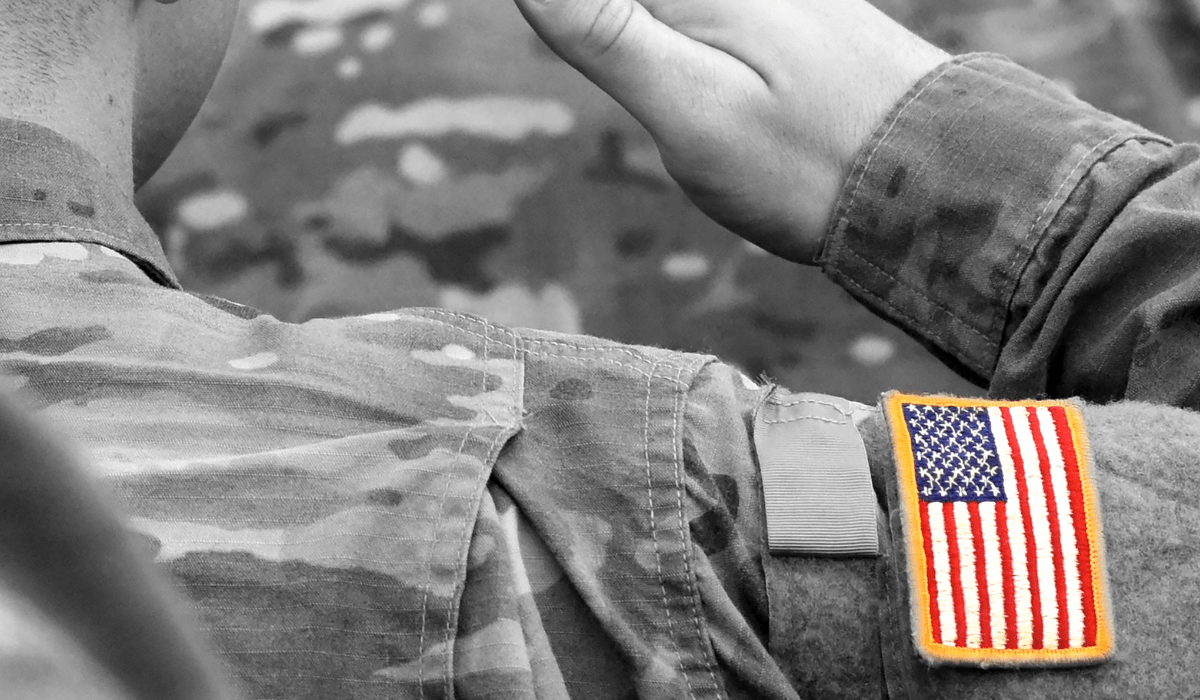
Aug 5, 2011
In United States v. Gabriel, NMCCA 200900429, 2010 WL 380994 (N-M. Ct. Crim. App. Feb. 4, 2010) the accused was convicted of rape, battery, and indecent exposure in contested case before an enlisted panel. On appeal, accused argued his defense counsel was ineffective for not using a peremptory challenge against a Master Sergeant (MSgt) whose wife had been raped as a child. Applying Strickland v. Washington, 466 U.S. 668, 687 (1984), the court unanimously rejected the IAC claim.
To prevail on an ineffective assistance of counsel (IAC) claim, an appellant must satisfy a two-part test: “(1) that a deficiency in counsel’s performance is ‘so serious that counsel was not functioning as the “counsel” guaranteed the defendant by the Sixth Amendment’; and (2) that the ‘deficient Quoting Strickland, the Sixth Circuit noted: “We are not required to ‘address both components of the inquiry if the defendant makes an insufficient showing on one.’ For example, we ‘need not determine whether counsel’s performance was deficient before examining the prejudice suffered by the defendant as a result of the alleged deficiencies.'” performance prejudiced the defense . . . [through] errors . . . so serious as to deprive defendant of a fair trial, a trial whose result is reliable.'” (quoting United States v. Moulton, 47 M.J. 227, 229 (C.A.A.F. 1997)).
The N-MCCA quickly dismissed this IAC allegation, noting the defense counsel’s “uncontradicted affidavit indicates that he explained this to the appellant, and they discussed the fact that a five-member panel presented a better mathematical scenario for the defense than a six-member panel.” This explanation was a “plausible strategic reason” for not using the peremptory challenge. The court also noted the accused concurred with this decision at trial.
To preserve a causal challenge on appeal, the challenged member must not be excused with a peremptory challenge and the challenging party must use its peremptory challenge on another member. See R.C.M. 912(f)(4) (“[T]he successful use of a peremptory challenge by either party, excusing the challenged member from further participation in the court-martial, shall preclude further consideration of the challenge of that excused member upon later review. . . . [F]ailure by the challenging party to exercise a peremptory challenge against any member shall constitute waiver of further consideration of the challenge upon later review.”). In other words, when the defense counsel elected not to use a peremptory challenge, the member not only remained on the panel but the defense waived appellate review of the causal challenge. The court did not address whether waiving a potentially-viable appellate issue could constitute IAC; this seems significant as the court relied (in large part) on the defense counsel’s justification of maintaining five members and not delaying the trial (arguably minor benefits) without considering the potential that the case would be reversed for the causal challenge. Challenges based on the member’s relationship with a victim of a similar crime can warrant relief. See generally United States v. Terry, 64 M.J. 295 (C.A.A.F. 2007)
Learn more from our court martial defense attorneys by scheduling a case evaluation!
Defending Service Members Globally
Wherever Duty Calls, Our Defense Follows




